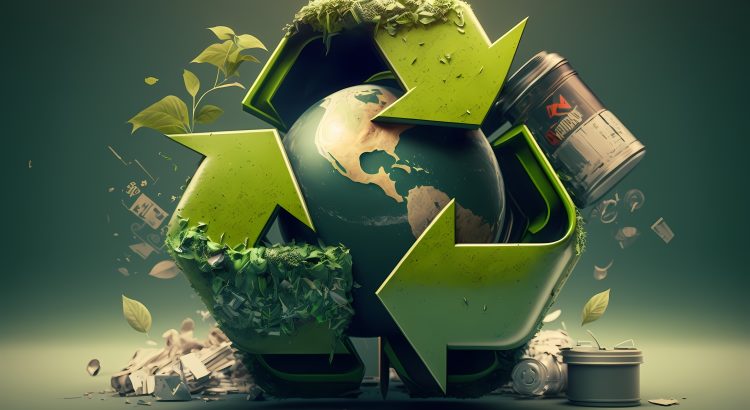Plastic pollution is one of the most pressing environmental challenges of our time. With millions of tons of plastic waste produced each year, it’s vital to find sustainable ways to manage and reuse this material. PET recycling is rising as a powerful solution, turning everyday plastic waste into valuable resources. This blog explores the benefits of PET Recycling and how it’s creating new opportunities while contributing to a greener future.
What is PET Recycling?
PET (polyethylene terephthalate) is a strong, lightweight plastic commonly used in bottles, food containers, and packaging. It’s highly recyclable, and PET recycling involves collecting, processing, and transforming discarded PET plastic into reusable materials. This versatile process helps reduce waste, conserve resources, and mitigate the environmental damage caused by single-use plastics.
The Benefits of PET Recycling
PET recycling is not just an environmental initiative; it’s an opportunity to drive innovation, empower industries, and contribute to a sustainable future. Here’s how it benefits various aspects of our world:
1. Reduces Plastic Pollution
Plastic waste accumulates rapidly, with an estimated 300 million tons of plastic produced annually worldwide. A significant portion ends up in landfills and oceans, causing harm to ecosystems and marine life. PET recycling helps divert waste from these areas, reducing plastic pollution and preserving the planet’s natural ecosystems.
2. Conserves Natural Resources
Producing virgin plastic requires a considerable amount of oil and natural gas. By recycling PET, these non-renewable resources are conserved. For instance, recycling just one ton of PET saves over 4,000 kilowatt-hours of energy and approximately 375 gallons of oil. Recycling gives existing materials a second life, cutting down the need for new raw materials.
3. Minimizes Carbon Footprint
The manufacturing process for recycled PET (rPET) requires significantly less energy compared to producing new plastic. This reduction in energy usage means fewer greenhouse gas emissions. A recent industry study highlighted that PET recycling reduces carbon emissions by up to 70% compared to virgin plastic production—an essential step toward combating climate change.
4. Creates Economic Opportunities
PET recycling is not just environmentally beneficial—it’s economically valuable. Recycling plants, waste management services, and material processors create jobs and stimulate local economies. Additionally, the demand for rPET in industries such as fashion, packaging, and construction opens up new markets, providing innovative opportunities for businesses and entrepreneurs.
5. Promotes Circular Economy Practices
At the heart of PET recycling is the concept of the circular economy, where materials remain in use for as long as possible. Instead of receiving single-use treatment, PET plastic becomes part of a regenerative process. Recycled PET is used in products such as clothing (polyester fibers), carpets, industrial materials, and even new food-grade bottles. This reduces landfill dependency and promotes sustainable consumption patterns.
6. Encourages Consumer Responsibility
PET recycling fosters awareness and action among consumers. By providing accessible ways to recycle plastic, individuals can actively participate in contributing to a cleaner, more sustainable environment. Furthermore, recycled products often carry eco-friendly labeling, empowering customers to make responsible purchasing decisions.
The Statistics Speak for Themselves
Looking at the data, the potential of PET recycling is undeniable. For example:
Over 1.5 billion PET bottles are recycled globally every day.
Recycling PET saves approximately 90% of the water used in virgin plastic production.
The global recycled PET market is projected to surpass USD 15 billion by 2030, highlighting the economic value of recycling efforts.
These numbers underscore the significant environmental and economic impact of PET recycling, making it a vital component of sustainability efforts across the globe.


